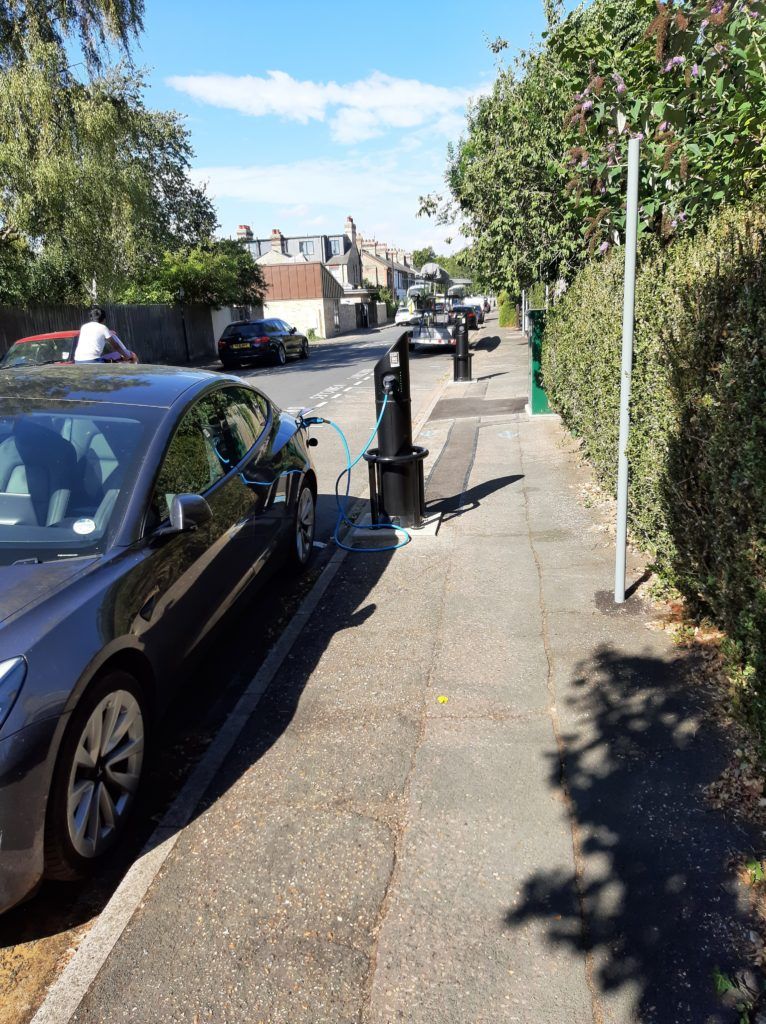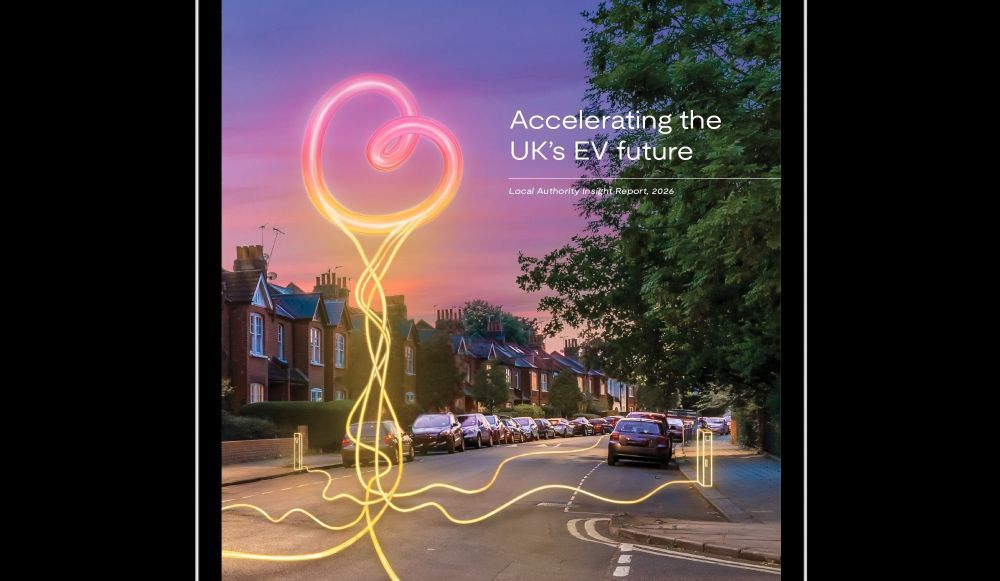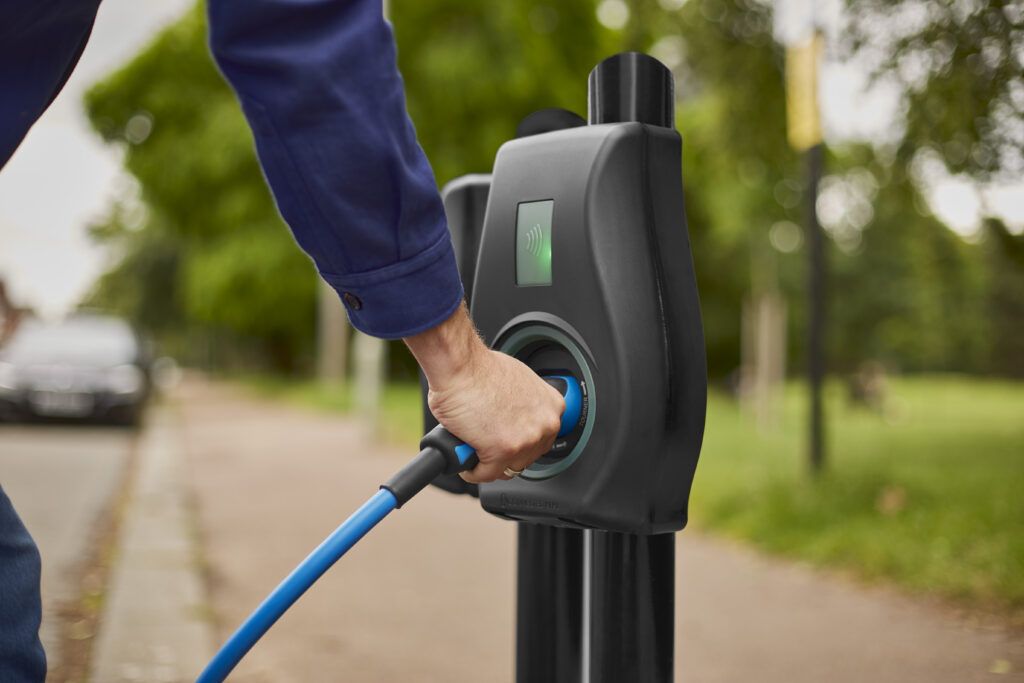Combatting electric vehicle charging inequality is a key focus of the Charge Collective project being led by UK Power Networks.
Working with, Cambridgeshire County Council, Norfolk County Council, Cambridge City Council and Redbridge Council, the network operator has led the way in incentivising chargepoint installers to provide EV chargers in places where the market has so far failed to deliver.
The new approach, evolved as part of the Charge Collective innovation project, reduces the cost of reinforcing the electricity network for connecting customers, so keeps costs as low as possible.
Over 50% of households where UK Power Networks delivers electricity, (London, South East and East of England) do not have off-street parking, making it harder for them to consider an EV as they would solely rely on public chargers.
The local electricity network operator is collaborating with local authorities to show the value in a scalable, long-term means of incentivising new chargepoints. Following a recent regulatory review by Ofgem, a similar model will now be rolled out across the country.
For example, 8,000 people in the West Chesterton and Riverside areas of Cambridge which lack public EV chargepoints, are the first under the initiative, to get access to chargepoints within a five minute walk of their homes. Chargepoints will continue to be installed across Cambridge and Norwich so that 50,000 people will have charging within a five-minute walk of their front door.
The findings from the project are informing local authorities’ Local Area Energy Plans, which ensure that people who park on the street, can take part in the transition to EVs.
UK Power Networks is making it easier for local authorities to understand where chargepoints should be and how best to purchase them, with the first in a series of handbooks already available.
Ian Cameron, head of customer service and innovation at UK Power Networks, said: “We are making it easier for everyone to make the switch to an EV regardless of where they park, ensuring that those who need to charge in public have access to the chargepoints to do so, at a reasonable cost. If we can roll out suitable charging infrastructure, EV adoption will follow.
“We are making significant strides to bridge the gap between on and off-street charging, and our collaborative approach with industry leaders and local authorities is beginning to pay dividends for our customers.”
The Charge Collective project is being carried out as part of UK Power Networks’ Green Recovery scheme which is fast-tracking the infrastructure required by low carbon projects at 86 sites, to help achieve the Government’s Ten Point Plan towards Net Zero by 2050.
Councillor Lorna Dupre, chair of environment and green investment committee, Cambridgeshire County Council said: “Supporting our communities to move away from fossil fuel vehicles is increasingly important, however delivering a network of electric vehicle chargers across the County is not easy.
“Collaborations like this, with our partner local authorities and electricity network operator, are vital for us to collectively find solutions to the big challenges we face when rolling out EV infrastructure at scale. I am pleased that the Charge Collective project has been such a success and its results are being translated into the pilot chargepoint project currently being installed in Cambridge.”
Councillor Rosy Moore, executive councillor climate action, biodiversity and environment, Cambridge City Council, said: “We are pleased to have been able to support this important collaboration with UK Power Networks and OZEV which has delivered residential chargepoints to areas where this otherwise would not have been possible.”
Image courtesy of UK Power Networks.
The inaugural Transport + Energy Forum event takes place on 17th November at the Birmingham Conference & Events Centre and will focus on immediate steps that need to be taken to decarbonise now.
Spaces for local councils will be provided free of charge so that each participating company is guaranteed access to local government officers who sit at the heart of this transition.











